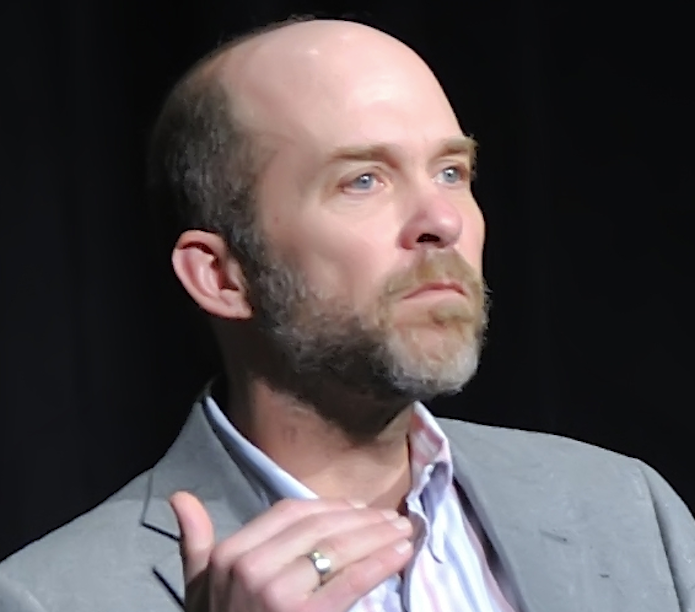Video replay of this event will be available shortly. Please check back at a later date.

On November 20, 2019, Graeme Davis presented his research investigating the mechanisms that lie at the interface between neuronal homeostatic plasticity and ASD genetics.
His talk was part of the Simons Foundation Autism Research lecture series.
About the Lecture
The identification of rare de novo mutations that confer high risk for autism spectrum disorders (ASD) has generated tremendous new molecular insight and progress. Yet, in cases where a known mutation confers risk, additional processes contribute to the phenotypic severity of ASD. Homeostatic plasticity has garnered considerable attention as an adaptive process of neurons that might be relevant and contribute to the spectrum of ASD severity in the human population. But virtually nothing is known at a mechanistic level regarding the interface of homeostatic plasticity and ASD genetics. Furthermore, there remains ongoing debate whether homeostatic plasticity is normally induced or whether it is impaired by gene mutations that confer risk for ASD.
In this lecture, Graeme Davis described a novel, unexpected genetic architecture that connects mutations in ASD-associated genes with the mechanisms of homeostatic plasticity in both invertebrate and mammalian nervous systems. He presented a novel means by which a diversity of ASD-associated risk genes may converge to disrupt homeostatic plasticity, thereby compromising the robustness of synaptic transmission. This information may be relevant to developing new therapeutic approaches that might someday alleviate ASD symptoms, regardless of the underlying genetic mutation(s) that confer risk for ASD.




